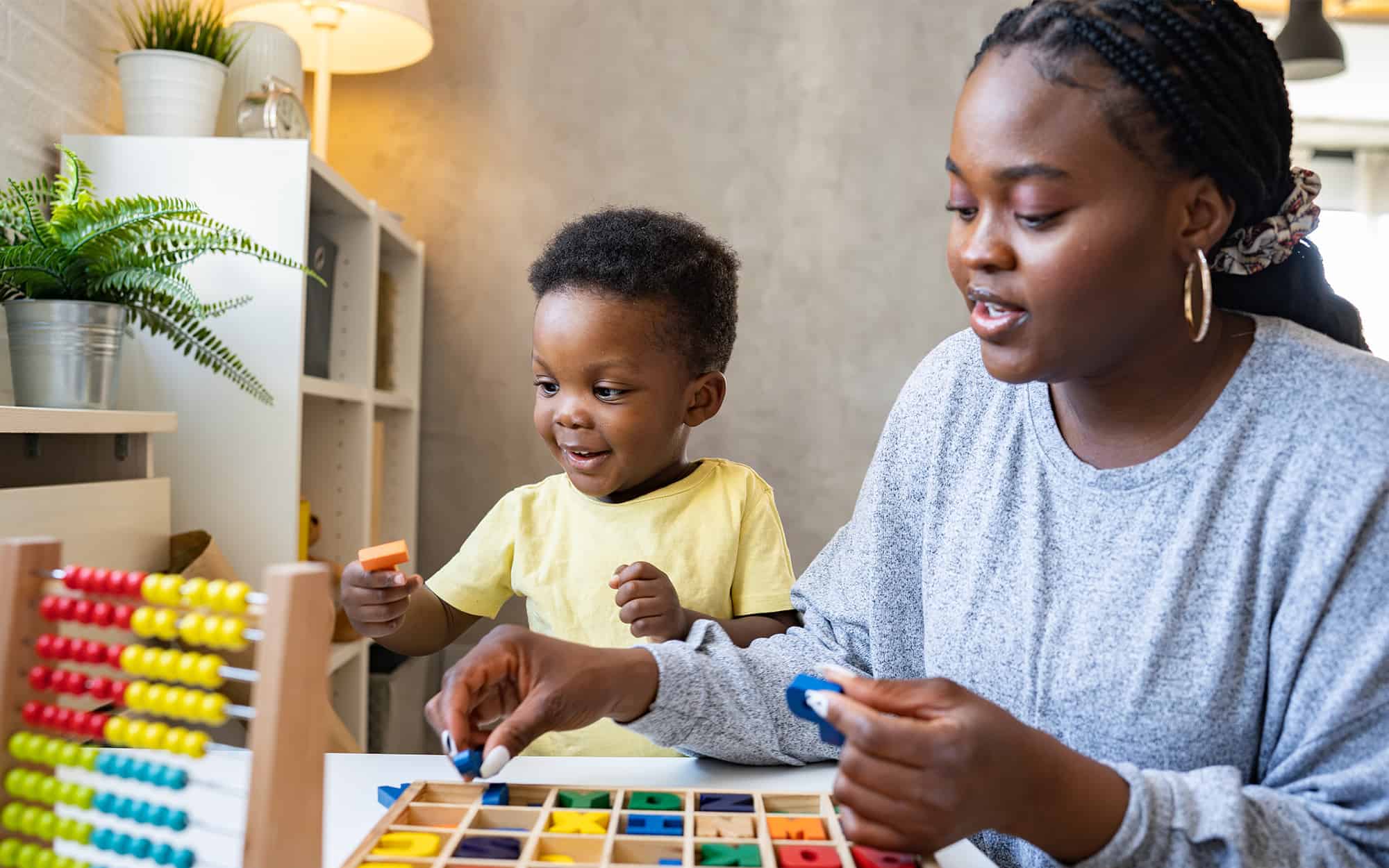Understanding ADHD and Brain Training for Kids
Commonly characterized by inattentiveness, hyperactivity, and impulsiveness, ADHD is a neurodevelopmental disorder that typically begins in childhood and persists into adulthood. It impacts cognitive abilities like working memory, processing speed, attention, and impulse control.
Brain training refers to exercises and games designed to enhance cognitive skills like memory, attention, processing speed, and problem-solving. It also aims to improve connectivity and efficiency in key brain networks underlying these skills.
The Importance of Brain Development in Kids
Early childhood is a vital period for brain development. A child’s brain forms new neural connections at a rapid rate, laying the foundation for cognitive abilities. Environmental enrichment through stimulating games and activities can nurture healthy brain development, capitalizing on children’s neural plasticity to bolster cognitive abilities that will serve them well at school, at home, and socially.
How ADHD Impacts Cognitive Development
ADHD results from differences in brain connectivity and neurotransmitters, leading to weaker executive functions like working memory and impulse control. This makes learning, completing tasks, and academic achievement harder for children with ADHD, potentially harming self-esteem and mental health. Early support is crucial to help these children develop capacities on par with peers.
The Impact of Brain Training on Focus and Attention
The Science Behind Brain Training and Improved Focus
Numerous studies have shown that brain training for kids can help improve your child’s ability to focus and pay attention. This happens because it stimulates important areas in the front and upper parts of the brain, helping them work better together. In turn, this helps strengthen the connections between different parts of the brain that are responsible for keeping attention and focus steady.
Medication-Free Brain Training Techniques for Better Focus and Attention
Brain training for kids with ADHD can take many forms—it depends on your child’s unique needs and ADHD challenges. A few common medication-free exercises include:
- Visual search and tracking games
- Working memory challenges
- Multi-sensory cognitive exercises
- Planning and problem-solving puzzles
- Impulse control tasks
- Divided attention training
These medication-free methods combine science-based stimulation with rewards and feedback to strengthen neural connections in areas of the brain responsible for attention. These tasks can also help your child resist distractions, improve working memory, and enhance other executive functions.
How Brain Training for Kids Contributes to Emotional Well-Being
There is a clear connection between brain training and improved emotional intelligence in children. Brain training focuses on strengthening cognitive skills through repeated practice of certain tasks. This can lead to better emotional control, self-awareness, empathy, and relationship skills.
For example, working memory training requires holding information in mind while manipulating it. This activates the prefrontal cortex, which oversees executive functions like emotional regulation. With regular practice, children can improve their ability to handle emotions.
Additionally, brain training games that involve perspective-taking and reading social cues can enhance empathy and awareness. As kids learn to see from others’ points of view, they become more attuned to emotions. This allows them to respond appropriately in social situations.
The Connection Between Brain Training and Emotional Intelligence
Specifically, brain training for kids targets skills tied to emotional intelligence:
- Impulse control
- Delayed gratification
- Mood regulation
- Empathy
- Social awareness
For example, games that require waiting for a reward or overcoming frustration train impulse control. Planning activities activate the brain’s executive center, strengthening emotional regulation abilities.
Practical Tips for Achieving Emotional Stability Through Brain Training for Kids
You can encourage emotional growth through brain training games and activities like:
- Matching feelings to facial expressions
- Reading social stories and identifying emotions
- Role-playing various scenarios
- Playing memory games with emotional words
- Learning calming techniques during frustrating tasks
Empower Your Child With Proven Support From Abbey Neuropsychology Clinic
At Abbey Neuropsychology Clinic, our expert neuropsychologists design customized brain training programs for kids’ specific needs. We pinpoint developmental gaps and create activities targeting those areas. Our engaging games strengthen auditory processing, logic, memory, attention, planning, and more.
Contact us today to give your child the tools to thrive now and as they grow. Our proven methods have helped hundreds of families better regulate emotions, behave positively, and build healthy relationships.


Recent Comments